Welcome to Hungerford Bridge Class.
Class teacher: Miss Agyemang
Teaching assistant: Ms Jones
[dropshadowbox align=”none” effect=”lifted-both” width=”auto” height=”” background_color=”#edbaba” border_width=”1″ border_color=”#ba27d8″ ]Homework is set on Google Classroom[/dropshadowbox]
Howard-parents-guide-to-Google-Classroom-
[dropshadowbox align=”none” effect=”lifted-both” width=”auto” height=”” background_color=”#dbf6f4″ border_width=”10″ border_color=”#868878″ ]
SPORTS DAY – 7TH JULY 2022 1PM – 3PM
[/dropshadowbox]
Our learning this week…
[dropshadowbox align=”none” effect=”lifted-both” width=”auto” height=”” background_color=”#dbf6f4″ border_width=”10″ border_color=”#ef1dcd” ]
English
At Howard Primary School we have adopted Read Write Inc Phonics.
RWI is a method of learning centred round letter sounds and phonics, and we use it to aid children in their reading and writing. Read Write Inc., developed by Ruth Miskin, provides a structured and systematic approach to teaching literacy. It is used by more than a quarter of the UK’s primary schools and is designed to create fluent readers, confident speakers and willing writers.
Using RWI, the children learn to read effortlessly so that they can put all their energy into comprehending what they read. It also allows them to spell effortlessly so that they can put all their energy into composing what they write.
When using RWI to read the children will:
- Learn 44 sounds and the corresponding letter/letter groups using simple picture prompts
- Learn to read words using Fred Talk
- Read lively stories featuring words they have learnt to sound out
- Show that they comprehend the stories by answering questions.
Five key principles underpin the teaching in all Read Write Inc. sessions:
Purpose – know the purpose of every activity and share it with the children, so they know the one thing they should be thinking about
Participation – ensure every child participates throughout the lesson. Partnership work is fundamental to learning
Praise – ensure children are praised for effort and learning, not ability
Pace – teach at an effective pace and devote every moment to teaching and learning
Passion – be passionate about teaching so children can be engaged emotionally.
https://home.oxfordowl.co.uk/reading/reading-schemes-oxford-levels/read-write-inc-phonics-guide/
Hold a sentence is an activity that encourages children to remember a whole sentence while focusing on spelling and punctuation.
Build a sentence is to give children the opportunity to create their own sentence to that shows the meaning of a word and edit a sentence allows the children to critique a sentence using their knowledge of spelling punctuation and grammar. Children complete a longer piece of independent writing, which gives them the opportunity to show off their creativity and to practice their spelling, grammar and punctuation.
https://www.youtube.com/watch?v=bXOJUPNVnLc
https://www.youtube.com/watch?v=kjHqJQ8sxs4
[/dropshadowbox]
[dropshadowbox align=”none” effect=”lifted-both” width=”auto” height=”” background_color=”#dbf5f4″ border_width=”10″ border_color=”#868478″ ]
English
At Howard Primary School we have adopted The Power of Reading scheme for literacy. Our literacy work will be based on a core text. The core text that we will be basing our work on is called One Day on Our Blue Planet … in the Savannah by Ella Bailey.

This week we will:
Research ostriches
Group information about ostriches accordingly
Look at examples of non chronological reports
Plan a non chronological report about ostriches
Write a non chronological report about ostriches
[/dropshadowbox]
[dropshadowbox align=”none” effect=”lifted-both” width=”auto” height=”” background_color=”#dbf6f4″ border_width=”10″ border_color=”#863878″ ]
Maths – Fractions & time
- To find 1/2 s and 1/4 s of amounts
- To find 3/4 s of shapes and amounts
- To recap half past and o’clock
- To recap quarter to and quarter past
- To problem solve with time
[/dropshadowbox]
[dropshadowbox align=”none” effect=”lifted-both” width=”auto” height=”” background_color=”#dbf6f4″ border_width=”10″ border_color=”#ef1dcd” ]
PE
Please remember to send your child to school in their PE kit on their PE days.
Westminster – Monday & Thursday
Hungerford – Monday & Thursday
[/dropshadowbox]
[dropshadowbox align=”none” effect=”lifted-both” width=”auto” height=”” background_color=”#dbf6f4″ border_width=”10″ border_color=”#ef1dcd” ]
Music
We are learning about pitch and rhythm.
[/dropshadowbox]
[dropshadowbox align=”none” effect=”lifted-both” width=”auto” height=”” background_color=”#dbf3f1″ border_width=”10″ border_color=”#ef1dcd” ]
RE
We will focus on Islam.
https://www.bbc.co.uk/programmes/b05p6sp2/clips
[/dropshadowbox]
[dropshadowbox align=”none” effect=”lifted-both” width=”auto” height=”” background_color=”#dbf3f1″ border_width=”10″ border_color=”#ef1dcd” ]
Science
We will continue to learn about the lifecycle of plants.
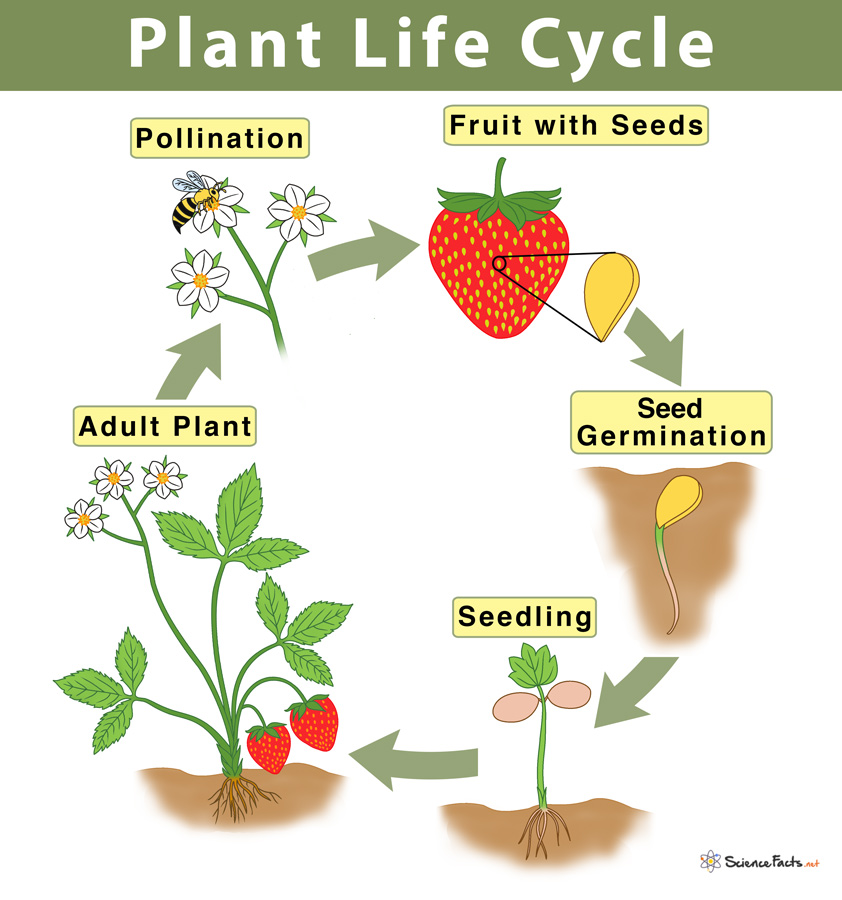
[/dropshadowbox]
[dropshadowbox align=”none” effect=”lifted-both” width=”auto” height=”” background_color=”#dbf6f4″ border_width=”10″ border_color=”#3f9c33″ ]
Arts week
Our artist for Arts weeks is Yayoi Kusam.
Yayoi Kusama is a Japanese artist who is sometimes called ‘the princess of polka dots‘. Although she makes lots of different types of art – paintings, sculptures, performances and installations – they have one thing in common, DOTS!
We will be creating art work based on her style.
[/dropshadowbox]
[dropshadowbox align=”none” effect=”lifted-both” width=”auto” height=”” background_color=”#dbf6f4″ border_width=”10″ border_color=”#ef4dcd” ]
RHE – Relationship and Health Education
Jigsaw has two aims for all children:
- To build their capacity for learning
- To equip them for life
Jigsaw brings together PSHE Education, emotional literacy, mindfulness, social skills and spiritual development. The topic this term is ‘Changing me.’ This topic will cover:
Lifecycles in nature
Growing from young to old
Differences between females and males
Increasing independence
Assertiveness
Preparing for transistion

[/dropshadowbox]
[dropshadowbox align=”none” effect=”lifted-both” width=”auto” height=”” background_color=”#dbf6f4″ border_width=”10″ border_color=”#e21320″ ]
Reading
When reading with your child at home ask them questions related to their book.
Questions to ask before you read
- Can you look at the pictures and predict what you think will happen in this book?
- What makes you think that?
- What characters do you think might be in our story?
- Do you think there will be a problem in this story? Why or why not?
- Does the topic/story relate to you or your family? How?
Questions to ask during the reading
- What do you think will happen next?
- What can you tell me about the story so far?
- Can you predict how the story will end?
- Why do you think the character did _______?
- What would you have done if you were the character?
- How would you have felt if you were the character? (use different characters)
- As I read____________, it made me picture________ in my head. What pictures do you see in your head?
- As you read, what are you wondering about?
- Can you put what you’ve just read in your own words?
Questions to ask after reading
- Can you remember the title?
- In your opinion, was it a good title for this book? Why or why not?
- Were your predictions about the story correct?
- If there was a problem, did it get solved?
- What happened because of the problem?
- Why do you think the author wrote this book?
- What is the most important point the author is trying to make in his writing?
- What was your favourite part of the story?
- If you could change one thing in the story, what would it be?
- Can you retell the story in order?
- If you were __________, how would you have felt?
- What is the most interesting situation in the story?
- Is there a character in the story like you? How are you alike?
Why did you like this book?
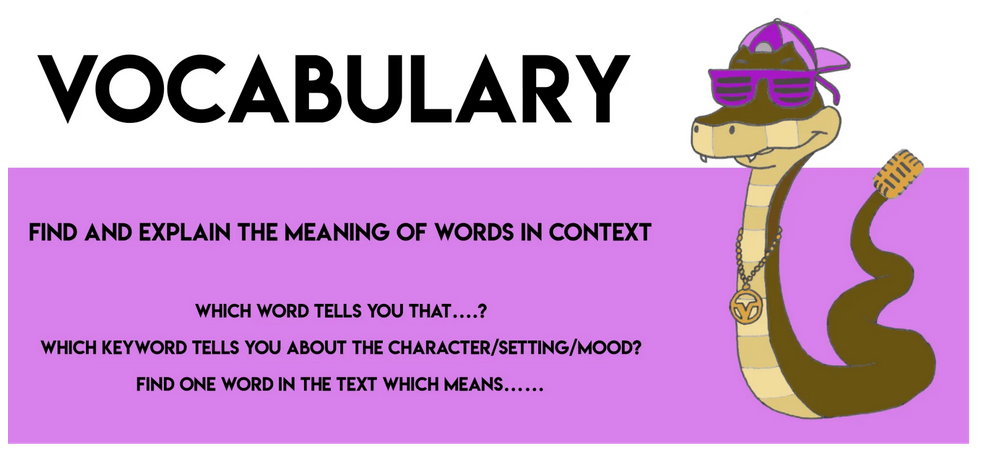
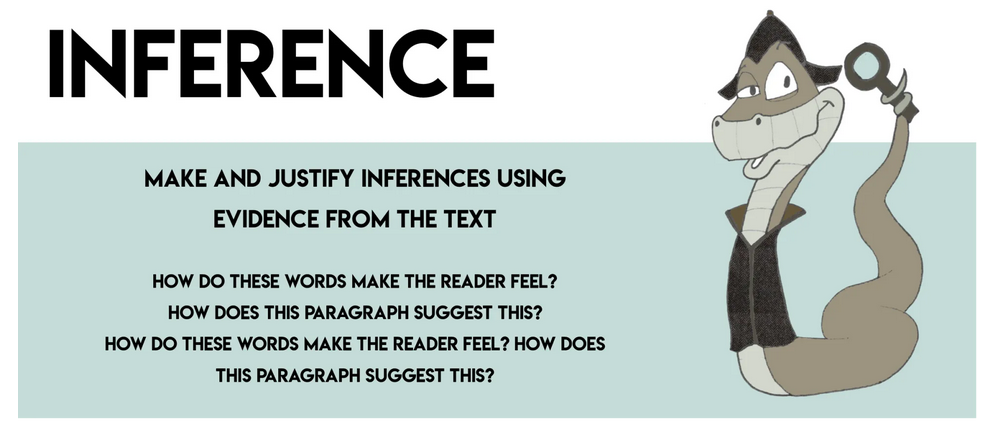
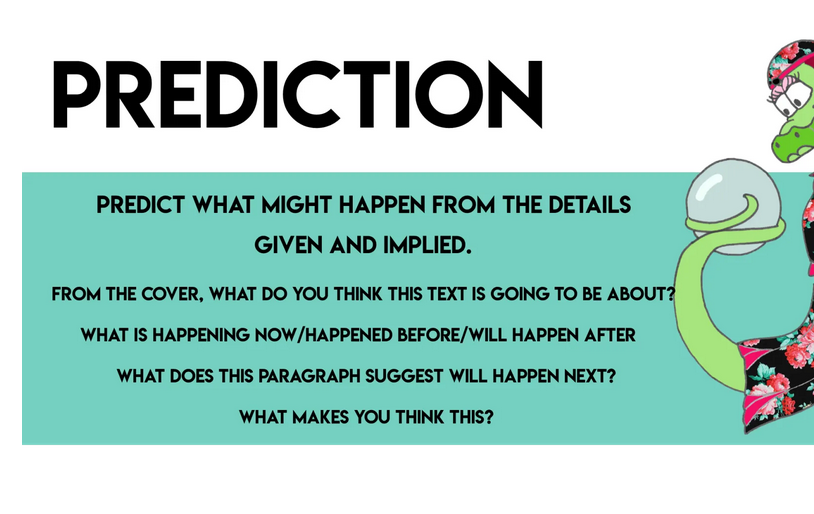
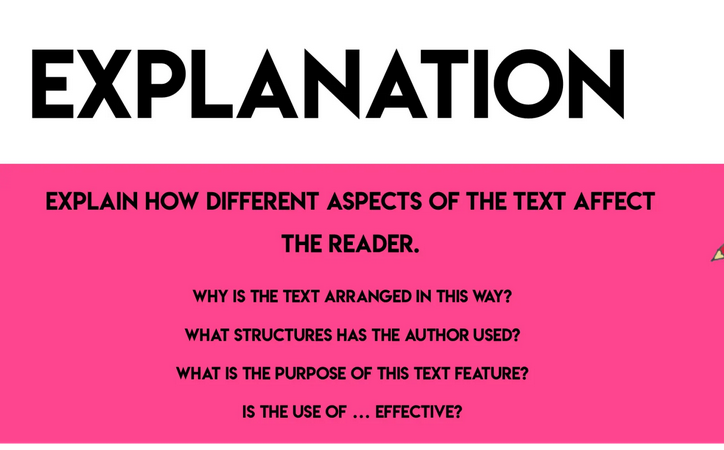
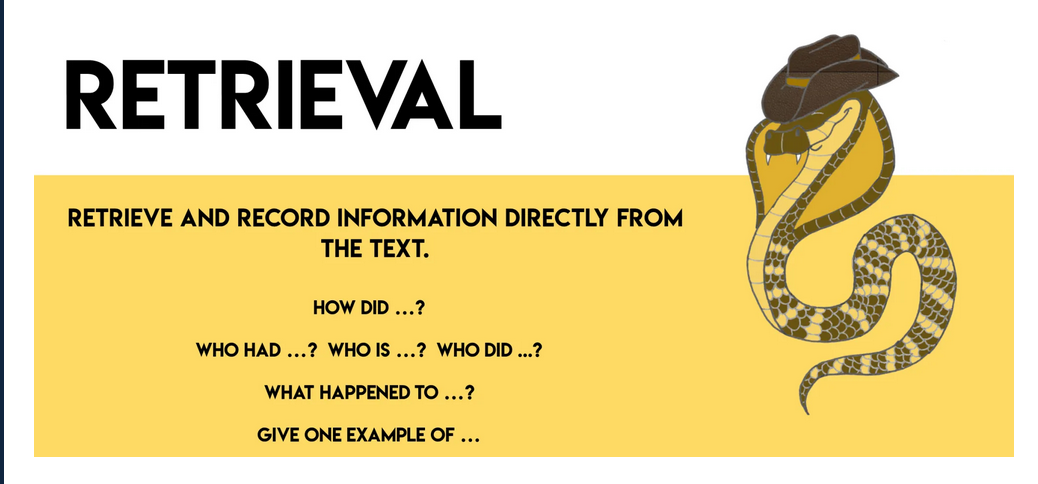
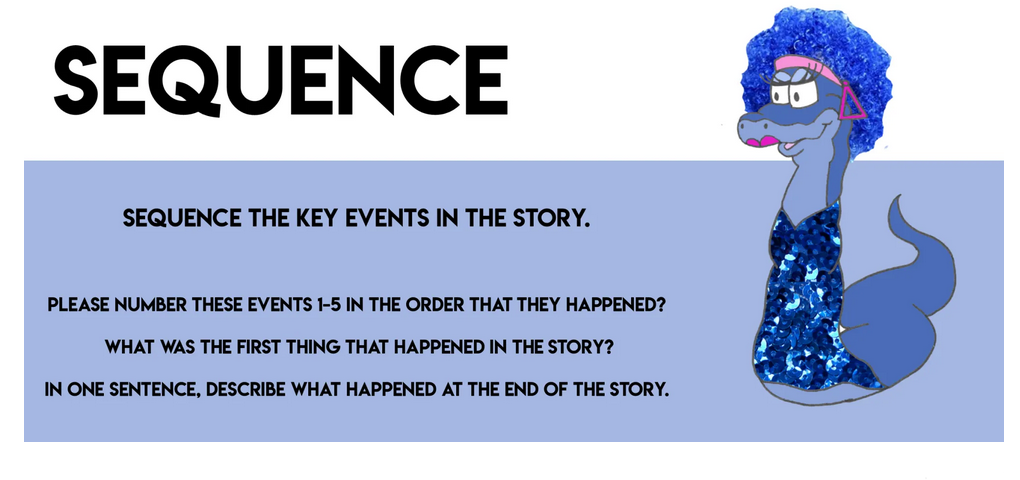
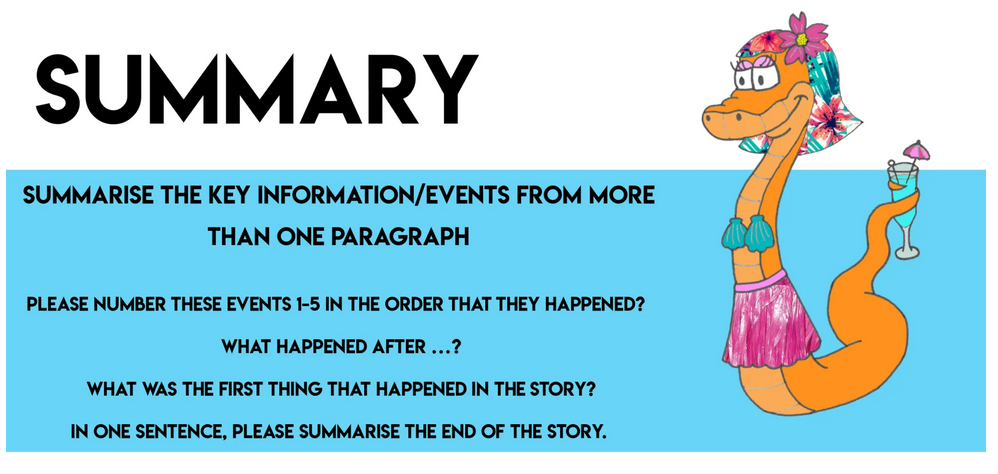
[/dropshadowbox]
[dropshadowbox align=”none” effect=”lifted-both” width=”auto” height=”” background_color=”#dbf6f4″ border_width=”10″ border_color=”#863878″ ]
Mathletics
A big well done to all the children completing their Mathletics. We are so proud. Please continue to complete your activities on Mathletics.
[/dropshadowbox]
[dropshadowbox align=”none” effect=”lifted-both” width=”auto” height=”” background_color=”#dbf6f4″ border_width=”10″ border_color=”#868878″ ]
Star of the week

Hungerford
Grace – for making excellent progress in reading.
Jack – for challenging himself in maths.
Eduard – for always bring helpful to adults and peers.
Isabella – for always producing excellent homework.
Westminster
Fanuel – for beginning to come in calmly in the morning.
Declan – for writing a fantastic kenning about elephants.
Joni – for being a super role model.
[/dropshadowbox]
[dropshadowbox align=”none” effect=”lifted-both” width=”auto” height=”” background_color=”#edbaba” border_width=”1″ border_color=”#ba27d8″ ]Homework is set on Google Classroom[/dropshadowbox]
Howard-parents-guide-to-Google-Classroom-
[dropshadowbox align=”none” effect=”lifted-both” width=”auto” height=”” background_color=”#dbf6f4″ border_width=”10″ border_color=”#868878″ ]
Our learning this week…
English
At Howard Primary School we have adopted Read Write Inc Phonics.
RWI is a method of learning centred round letter sounds and phonics, and we use it to aid children in their reading and writing. Read Write Inc., developed by Ruth Miskin, provides a structured and systematic approach to teaching literacy. It is used by more than a quarter of the UK’s primary schools and is designed to create fluent readers, confident speakers and willing writers.
Using RWI, the children learn to read effortlessly so that they can put all their energy into comprehending what they read. It also allows them to spell effortlessly so that they can put all their energy into composing what they write.
When using RWI to read the children will:
- Learn 44 sounds and the corresponding letter/letter groups using simple picture prompts
- Learn to read words using Fred Talk
- Read lively stories featuring words they have learnt to sound out
- Show that they comprehend the stories by answering questions.
Five key principles underpin the teaching in all Read Write Inc. sessions:
Purpose – know the purpose of every activity and share it with the children, so they know the one thing they should be thinking about
Participation – ensure every child participates throughout the lesson. Partnership work is fundamental to learning
Praise – ensure children are praised for effort and learning, not ability
Pace – teach at an effective pace and devote every moment to teaching and learning
Passion – be passionate about teaching so children can be engaged emotionally.
https://home.oxfordowl.co.uk/reading/reading-schemes-oxford-levels/read-write-inc-phonics-guide/
Hold a sentence is an activity that encourages children to remember a whole sentence while focusing on spelling and punctuation.
Build a sentence is to give children the opportunity to create their own sentence to that shows the meaning of a word and edit a sentence allows the children to critique a sentence using their knowledge of spelling punctuation and grammar. Children complete a longer piece of independent writing, which gives them the opportunity to show off their creativity and to practice their spelling, grammar and punctuation.
https://www.youtube.com/watch?v=bXOJUPNVnLc
https://www.youtube.com/watch?v=kjHqJQ8sxs4
[/dropshadowbox]
[dropshadowbox align=”none” effect=”lifted-both” width=”auto” height=”” background_color=”#dbf5f4″ border_width=”10″ border_color=”#868478″ ]
English
At Howard Primary School we have adopted The Power of Reading scheme for literacy. Our literacy work will be based on a core text. The core text that we will be basing our work on is called One Day on Our Blue Planet … in the Savannah by Ella Bailey.

This week we will:
Perform and write a voice over script about the savannah
Write a description about a lion’s hunt
Write a short explanation text about a lion’s food chain
Plan and write a kenning
Perform a kenning
[/dropshadowbox]
[dropshadowbox align=”none” effect=”lifted-both” width=”auto” height=”” background_color=”#dbf6f4″ border_width=”10″ border_color=”#863878″ ]
Maths – Addition and subtraction
- To add with or without crossing tens
- To solve 1 step and 2 step problems involving addition
- To subtract without crossing tens
- To subtract crossing tens
- To problem solve with subtraction
[/dropshadowbox]
[dropshadowbox align=”none” effect=”lifted-both” width=”auto” height=”” background_color=”#dbf6f4″ border_width=”10″ border_color=”#ef1dcd” ]
PE
Please remember to send your child to school in their PE kit on their PE days.
Westminster – Monday & Thursday
Hungerford – Monday & Thursday
[/dropshadowbox]
[dropshadowbox align=”none” effect=”lifted-both” width=”auto” height=”” background_color=”#dbf6f4″ border_width=”10″ border_color=”#ef1dcd” ]
Music
We are learning about pitch and rhythm.
[/dropshadowbox]
[dropshadowbox align=”none” effect=”lifted-both” width=”auto” height=”” background_color=”#dbf3f1″ border_width=”10″ border_color=”#ef1dcd” ]
RE
We will focus on Islam.
https://www.bbc.co.uk/programmes/b05p6sp2/clips
[/dropshadowbox]
[dropshadowbox align=”none” effect=”lifted-both” width=”auto” height=”” background_color=”#dbf6f4″ border_width=”10″ border_color=”#3f9c33″ ]
Art
The children will learn more about Wassily Kandinsky. Kandinsky is famous for his use of colour, using it to express emotions and scenes in a new way of looking at the world.

We will focus on pattern and shape.
[/dropshadowbox]
[dropshadowbox align=”none” effect=”lifted-both” width=”auto” height=”” background_color=”#dbf6f4″ border_width=”10″ border_color=”#ef4dcd” ]
RHE – Relationship and Health Education
Jigsaw has two aims for all children:
- To build their capacity for learning
- To equip them for life
Jigsaw brings together PSHE Education, emotional literacy, mindfulness, social skills and spiritual development. The topic this term is ‘Changing me.’ This topic will cover:
Lifecycles in nature
Growing from young to old
Differences between females and males
Increasing independence
Assertiveness
Preparing for transistion

[/dropshadowbox]
[dropshadowbox align=”none” effect=”lifted-both” width=”auto” height=”” background_color=”#dbf6f4″ border_width=”10″ border_color=”#e21320″ ]
Reading
When reading with your child at home ask them questions related to their book.
Questions to ask before you read
- Can you look at the pictures and predict what you think will happen in this book?
- What makes you think that?
- What characters do you think might be in our story?
- Do you think there will be a problem in this story? Why or why not?
- Does the topic/story relate to you or your family? How?
Questions to ask during the reading
- What do you think will happen next?
- What can you tell me about the story so far?
- Can you predict how the story will end?
- Why do you think the character did _______?
- What would you have done if you were the character?
- How would you have felt if you were the character? (use different characters)
- As I read____________, it made me picture________ in my head. What pictures do you see in your head?
- As you read, what are you wondering about?
- Can you put what you’ve just read in your own words?
Questions to ask after reading
- Can you remember the title?
- In your opinion, was it a good title for this book? Why or why not?
- Were your predictions about the story correct?
- If there was a problem, did it get solved?
- What happened because of the problem?
- Why do you think the author wrote this book?
- What is the most important point the author is trying to make in his writing?
- What was your favourite part of the story?
- If you could change one thing in the story, what would it be?
- Can you retell the story in order?
- If you were __________, how would you have felt?
- What is the most interesting situation in the story?
- Is there a character in the story like you? How are you alike?
Why did you like this book?







[/dropshadowbox]
[dropshadowbox align=”none” effect=”lifted-both” width=”auto” height=”” background_color=”#dbf6f4″ border_width=”10″ border_color=”#863878″ ]
Mathletics
A big well done to all the children completing their Mathletics. We are so proud. Please continue to complete your activities on Mathletics.
[/dropshadowbox]
[dropshadowbox align=”none” effect=”lifted-both” width=”auto” height=”” background_color=”#dbf6f4″ border_width=”10″ border_color=”#868878″ ]
Star of the week

Hungerford
George – for performing his poem confidently in front of a his peers and adults.
Jack – for performing his poem confidently in front of a his peers and adults.
Eduard – for performing his poem confidently in front of a his peers and adults.
Ayaz – for great observational drawings of trees.
Westminster
[/dropshadowbox]

